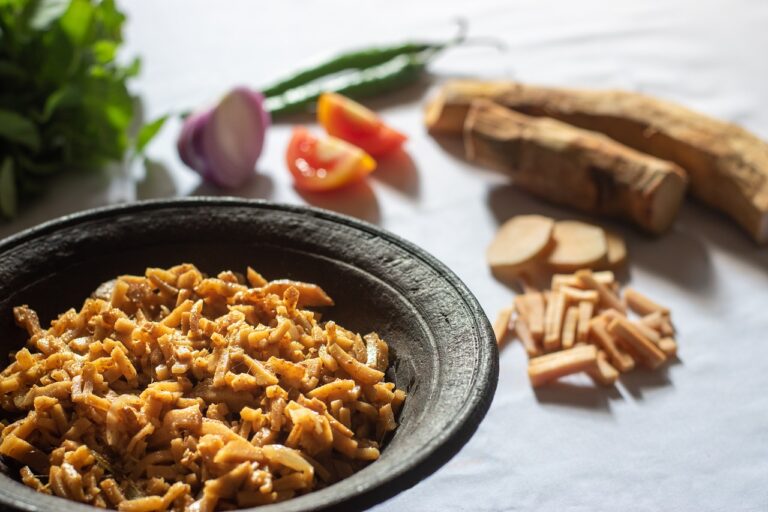The Global Spice Route: Tracing the Origins of Flavor.
Spices have played a significant role in human history, particularly in the realm of trade. The origins of spice trade can be traced back to ancient civilizations where spices were highly sought after for their exotic tastes and perceived medicinal properties.
The trade of spices began to flourish as early as 2000 BCE in regions such as the Middle East and Asia. Spices like cinnamon, pepper, cloves, and ginger were considered luxury items that were not only used for flavoring food but also for religious rituals, embalming, and as currency. The desire for these precious commodities led to the establishment of trade routes that connected distant lands and facilitated the exchange of goods and cultural ideas.
Exploration and Discovery of New Flavors
Spices have captured the imagination of explorers for centuries, leading them on daring voyages to uncover new flavors from distant lands. The allure of these exotic ingredients prompted sailors to circumnavigate the globe in search of the next culinary treasure.
As ships traversed uncharted waters, they encountered vibrant bazaars teeming with an array of aromatic spices. The tantalizing scents of cinnamon, cloves, and cardamom wafted through the air, hinting at the rich tapestry of flavors awaiting discovery. The exploration of new lands not only broadened horizons but also enriched cuisines around the world, forever altering the way we experience food.
Impact of Spices on Global Economy
Spices have played a crucial role in shaping the global economy throughout history. The demand for exotic spices from different corners of the world led to increased exploration and trade routes being established. This boosted economic growth in various regions and fostered cultural exchange between nations.
The spice trade not only fueled economic prosperity but also had significant social and political impacts. The competition for control over lucrative spice trade routes often led to conflicts and wars among nations. Additionally, the wealth generated from the spice trade contributed to the rise of powerful empires and the establishment of colonies in distant lands.
What is the significance of the spice trade in history?
The spice trade played a crucial role in shaping global economies, driving exploration, and influencing culinary traditions.
How did the exploration and discovery of new flavors impact the spice trade?
The exploration of new lands and the discovery of new flavors led to increased demand for exotic spices, resulting in the growth of the spice trade and expanded global economic networks.
What role do spices play in the global economy today?
Spices continue to be a valuable commodity in the global economy, contributing to international trade and economic growth in regions where they are produced.
How has the demand for spices evolved over time?
The demand for spices has evolved from being highly sought after luxury items in ancient times to being widely available and accessible in today’s global markets.
What are some examples of the most valuable spices in terms of economic impact?
Some of the most valuable spices in terms of economic impact include saffron, vanilla, and cardamom, which are highly prized for their unique flavors and aromas.







